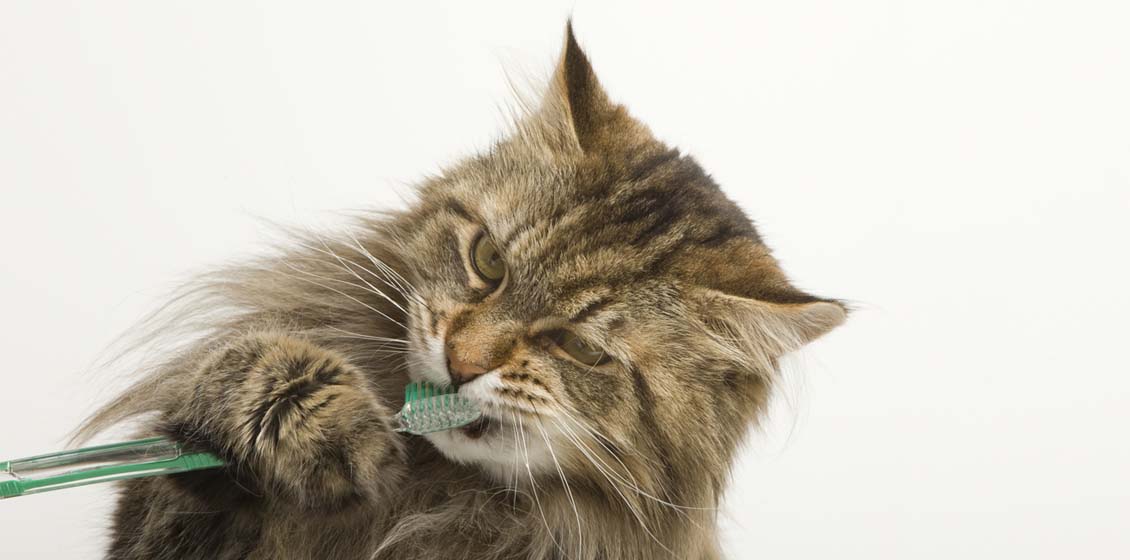5 most common diseases of kittens
 Ideally, when you buy a kitten, he will be completely healthy. However, this is not always the case. Kind people often pick up obviously sick kittens and nurse them. In other cases, at the time of getting home the kitten is visually healthy, but then he has health problems. That is why we recommend after the appearance of a kitten in your home to conduct a diagnostic examination of a kitten in a veterinary clinic.
Ideally, when you buy a kitten, he will be completely healthy. However, this is not always the case. Kind people often pick up obviously sick kittens and nurse them. In other cases, at the time of getting home the kitten is visually healthy, but then he has health problems. That is why we recommend after the appearance of a kitten in your home to conduct a diagnostic examination of a kitten in a veterinary clinic.
Here are a few problems that often arise with the health of kittens.
1. Upper respiratory tract infection
One of the most frequent diseases that veterinarians diagnose in kittens.
Symptoms of the disease:
Sneezing
Runny nose
Tearing
Lack of appetite
Lethargy and apathy
Upper respiratory tract infections are extremely contagious and quickly spread from one kitten to another. Adult cats can also be infected and may show signs of the disease, especially after suffering stress, however, these diseases are most severe in kittens.
If your kitten has the above symptoms, contact a veterinary clinic. The most frequent infections can be prevented with a kitten vaccination.
If your kitten is older than 2 months and has not yet been vaccinated – it is in danger!
2. Ear tick in kittens
Ear tick is highly common in kittens, although adult cats are also sick. These parasites are common in cats and less common in dogs.
The most frequent signs of ear mite in kittens
Black / brown discharge from ears.
Itching in ears (kitten scratching / rubbing ears, shaking head)
Redness of the skin of the ears
In the veterinary clinic will conduct a simple study to identify the ear tick in a kitten or determine the cause of the disease, if it turns out that the cause of itching and discharge is not an ear tick, but, for example, yeast and bacteria. For the treatment of ear mite, a single use of the drug is enough. It is important that all cats and dogs living in the same room receive treatment.
3. Internal parasites (worms) in kittens
Often found. To identify worms in kittens take feces for research. Monthly deworming of kittens up to 6 months is recommended. Most often, the kittens are found intestinal parasites, and many kittens become infected soon after birth through breast milk, or through contact with an infected surface.
For the diagnosis of intestinal worms, feces are analyzed under a microscope, after which a medicine is prescribed to help get rid of the type of worms that the kitten is infected with. It may take several uses of the medication to completely get rid of worms in a kitten.
4. Fleas are also not uncommon in kittens.
Fleas are parasitic on cats of any age, however, kittens cause more problems than adults. Small kittens with a high level of infestation with fleas may show signs of anemia (bleeding) caused by feeding the fleas. In addition to itching and skin and hair problems, fleas can also infect a kitten with bartonellosis and mycoplasmosis.
Getting rid of fleas involves regular (usually monthly processing) kitten from these parasites. Use only drugs approved for use in kittens your age. A veterinarian can advise the safest and most effective flea medicine for your kitten.
5. Diarrhea (diarrhea) in kittens
May be caused by many reasons. Sometimes it is stress caused by major changes in the life of a kitten. Weaning from the mother and other kittens, moving to a new home, new people – all these are causes of stress for the kitten. In addition, a change in diet can cause diarrhea. If diarrhea is caused by these factors, then the situation usually quickly returns to normal after symptomatic treatment (return to the previous diet, the appointment of probiotics).
Also, diarrhea can be a sign of serious illness in kittens. Intestinal parasites, bacterial and viral infections, immune disorders and more can cause diarrhea in kittens. If the kitten’s diarrhea persists for more than 1-2 days, it is strongly recommended to contact the veterinary clinic to identify the cause and prescription of treatment.
This list does not describe all the possible health problems of kittens. Kittens can be infected with viral infectious peritonitis, viral leukemia of cats and immunodeficiency of cats – these are quite frequent infections in cats that cause serious illness and they are potentially deadly. Panleukopenia is also quite often diagnosed in unvaccinated kittens.
Symptoms of panleukopenia in kittens:
Diarrhea
Vomiting
Loss of appetite
Lethargy
Dehydration
Panleukopenia often leads to the death of a kitten, even with proper treatment.
After the kitten is in your home, you must take it to the veterinary clinic within 1-2 days after purchase. The doctor will examine the kitten and, if necessary, diagnostic tests, prescribe treatment, if necessary, make a vaccination plan, treatment for worms, select the optimal diet and other preventive care measures that will keep you healthy.


